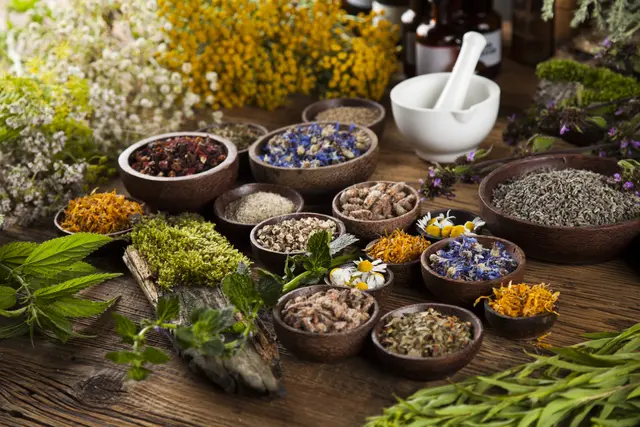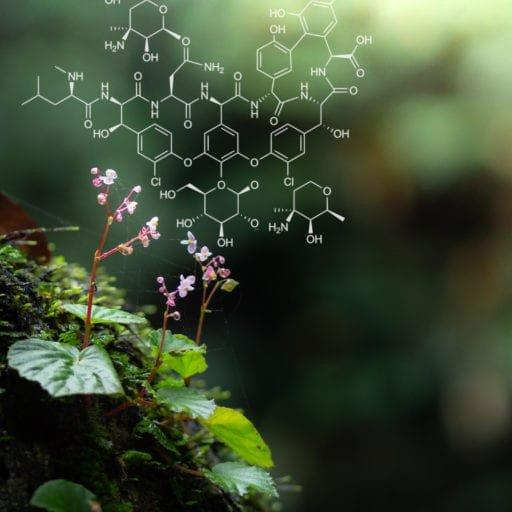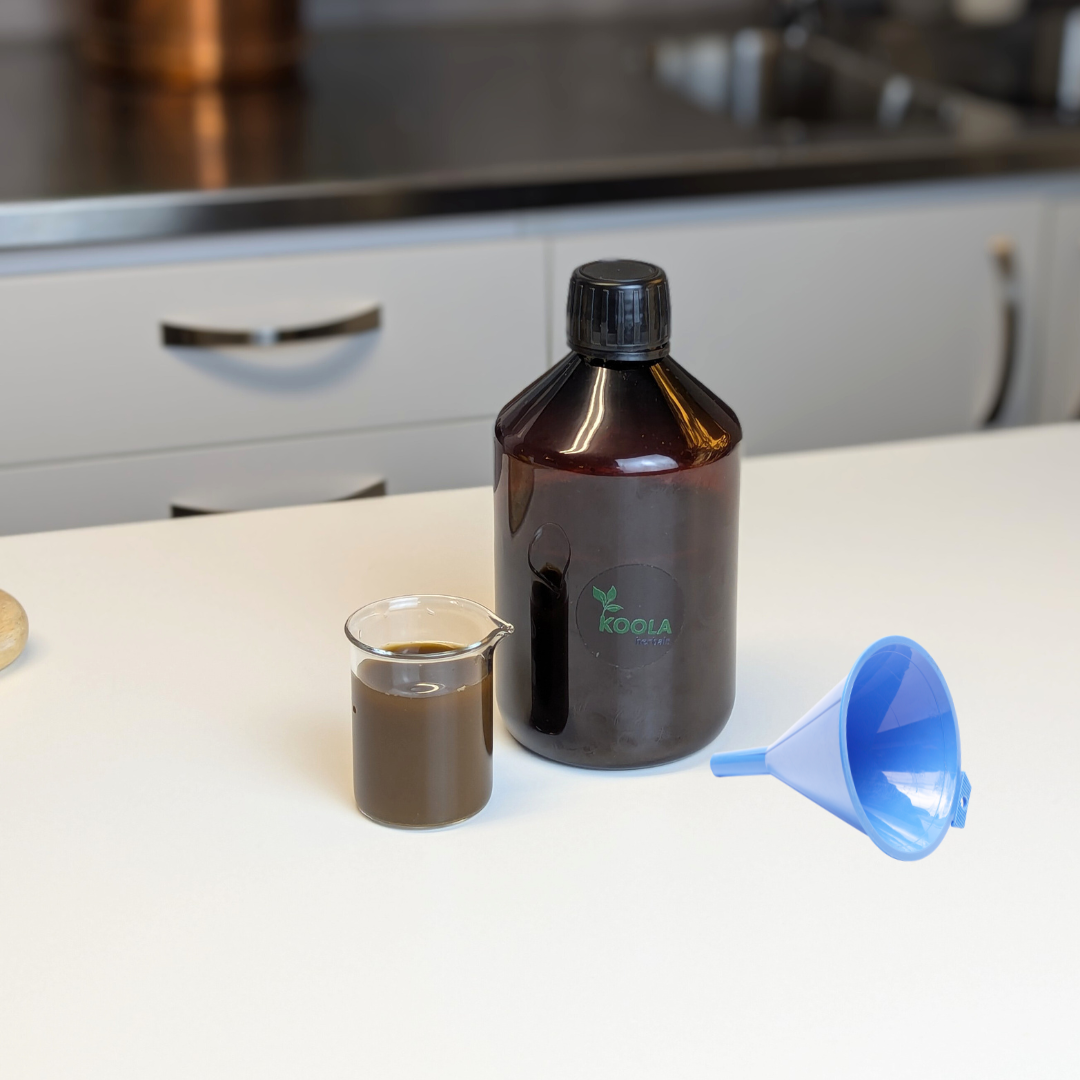Phytochemicals in Traditional African Herbs: A Potent Remedy for Period Pain
Millions of women around the world suffer from period pain, a condition that can disrupt daily life and leave many searching for effective relief. While pharmaceutical options are widely available, they often come with side effects that make long-term use less appealing. In contrast, traditional African herbs, rich in bioactive phytochemicals, have been used for generations to provide natural and effective relief from menstrual discomfort.
Could these time-tested remedies hold the key to easing period pain safely and sustainably?
Read on to explore how the phytochemicals in East African medicinal plants offer a potent alternative for managing menstrual cramps.

Phytochemicals in Traditional African Herbs: A Potent Remedy for Period Pain
Traditional African medicine offers a natural alternative to pharmaceutical treatments for period pain, which can come with side effects when used long-term. Medicinal plants used in East Africa, such as Zanthoxylum chalybeum, Hibiscus sabdariffa, and Ocimum gratissimum, are rich in phytochemicals with pain-relieving, anti-inflammatory, and antispasmodic properties. These compounds naturally reduce uterine contractions and inflammation, making them effective for alleviating menstrual discomfort.

How Phytochemicals Work to Relieve Menstrual Pain
Phytochemicals in these plants help regulate the overproduction of prostaglandins, the compounds responsible for intense uterine contractions and inflammation during menstruation. Remedies prepared as teas, tinctures, or decoctions by traditional healers in East Africa effectively deliver these compounds to the body. The sustainable use of such natural remedies aligns with a growing preference for holistic and eco-friendly healthcare practices.

Scientific Validation and Global Potential of African Herbs
Research, including findings highlighted in NCBI articles, supports the efficacy of African herbs in reducing menstrual pain and inflammation. Unlike synthetic drugs, these natural remedies generally have fewer side effects, making them a safer long-term option. As science continues to validate traditional practices, East Africa’s wealth of medicinal plants has the potential to provide global solutions to menstrual discomfort.
NCBI is the U.S. National Center for Biotechnology Information
Té Sele
El dolor menstrual y el síndrome premenstrual se combinan
Share







Leer más sobre Salud de la mujer
Ver todo-

Menopausia: ¿Qué sucede en el cuerpo?
La menopausia es una parte natural del envejecimiento que afecta a todas las mujeres, aunque la experiencia varía mucho. Por lo general, ocurre entre los 45 y los 55 años,...
Menopausia: ¿Qué sucede en el cuerpo?
La menopausia es una parte natural del envejecimiento que afecta a todas las mujeres, aunque la experiencia varía mucho. Por lo general, ocurre entre los 45 y los 55 años,...
-

Salud de la mujer: sentirse bien en todas las e...
La salud es algo personal y sus necesidades cambian con el tiempo. Ofrecemos herramientas y asesoramiento para ayudar a las mujeres a transitar las distintas etapas de la vida y...
Salud de la mujer: sentirse bien en todas las e...
La salud es algo personal y sus necesidades cambian con el tiempo. Ofrecemos herramientas y asesoramiento para ayudar a las mujeres a transitar las distintas etapas de la vida y...
-

Suplementos y vitaminas durante la menopausia
Durante la menopausia, los cambios hormonales, en particular la disminución de los niveles de estrógeno, provocan diversos síntomas físicos y emocionales. La menopausia se divide en tres etapas: perimenopausia (antes...
Suplementos y vitaminas durante la menopausia
Durante la menopausia, los cambios hormonales, en particular la disminución de los niveles de estrógeno, provocan diversos síntomas físicos y emocionales. La menopausia se divide en tres etapas: perimenopausia (antes...





